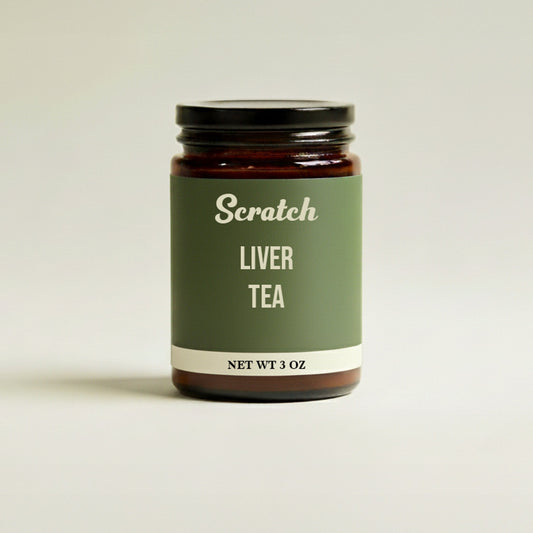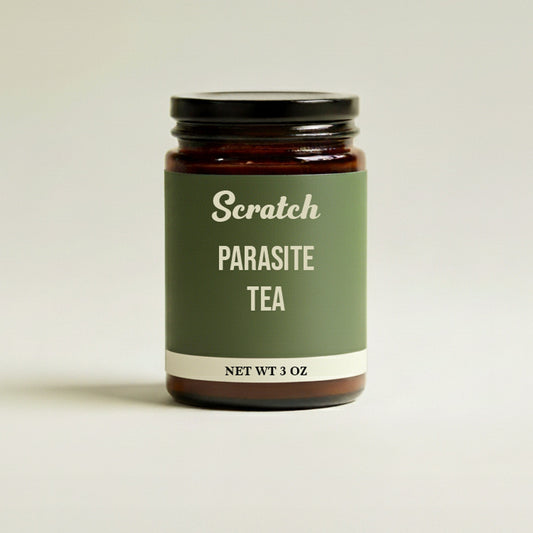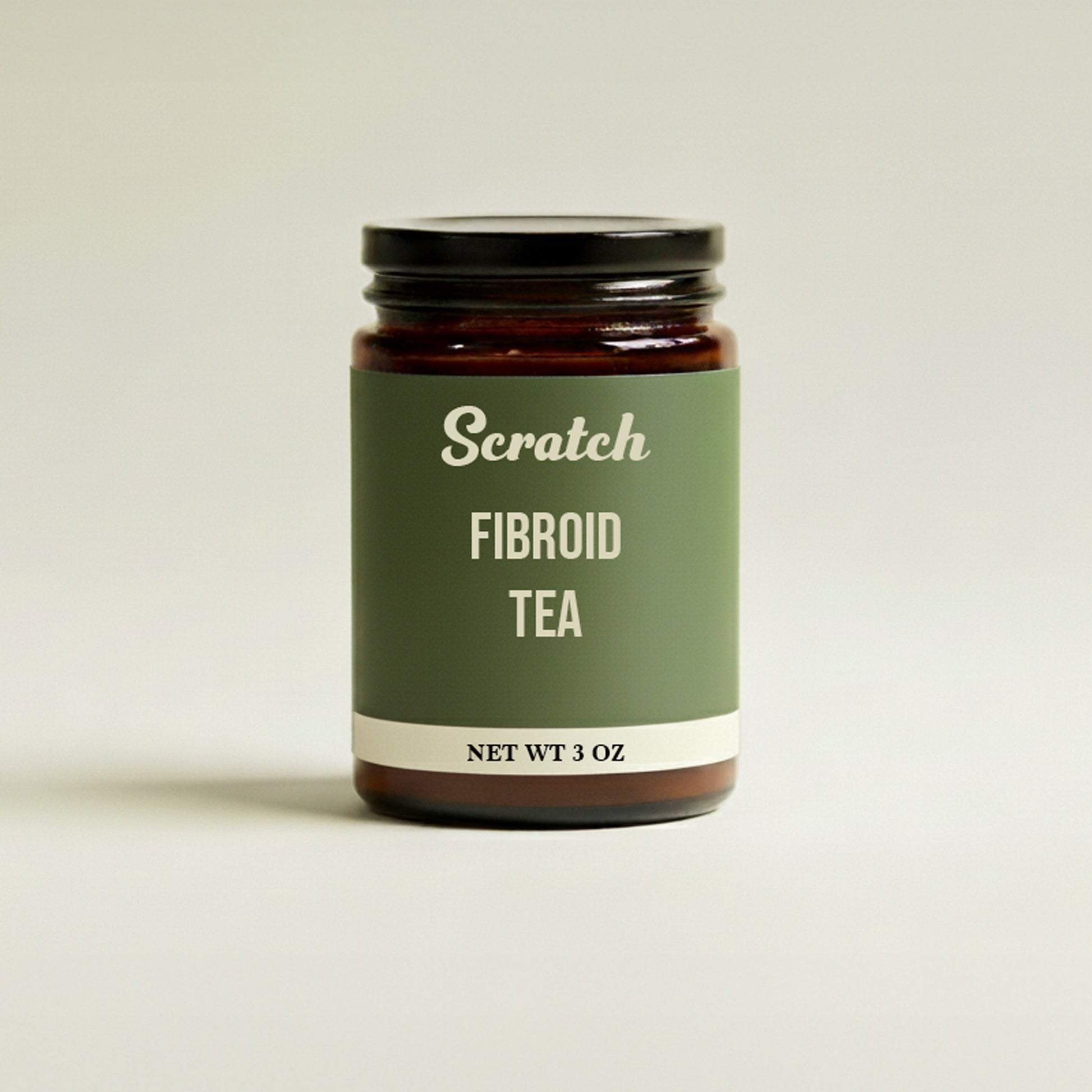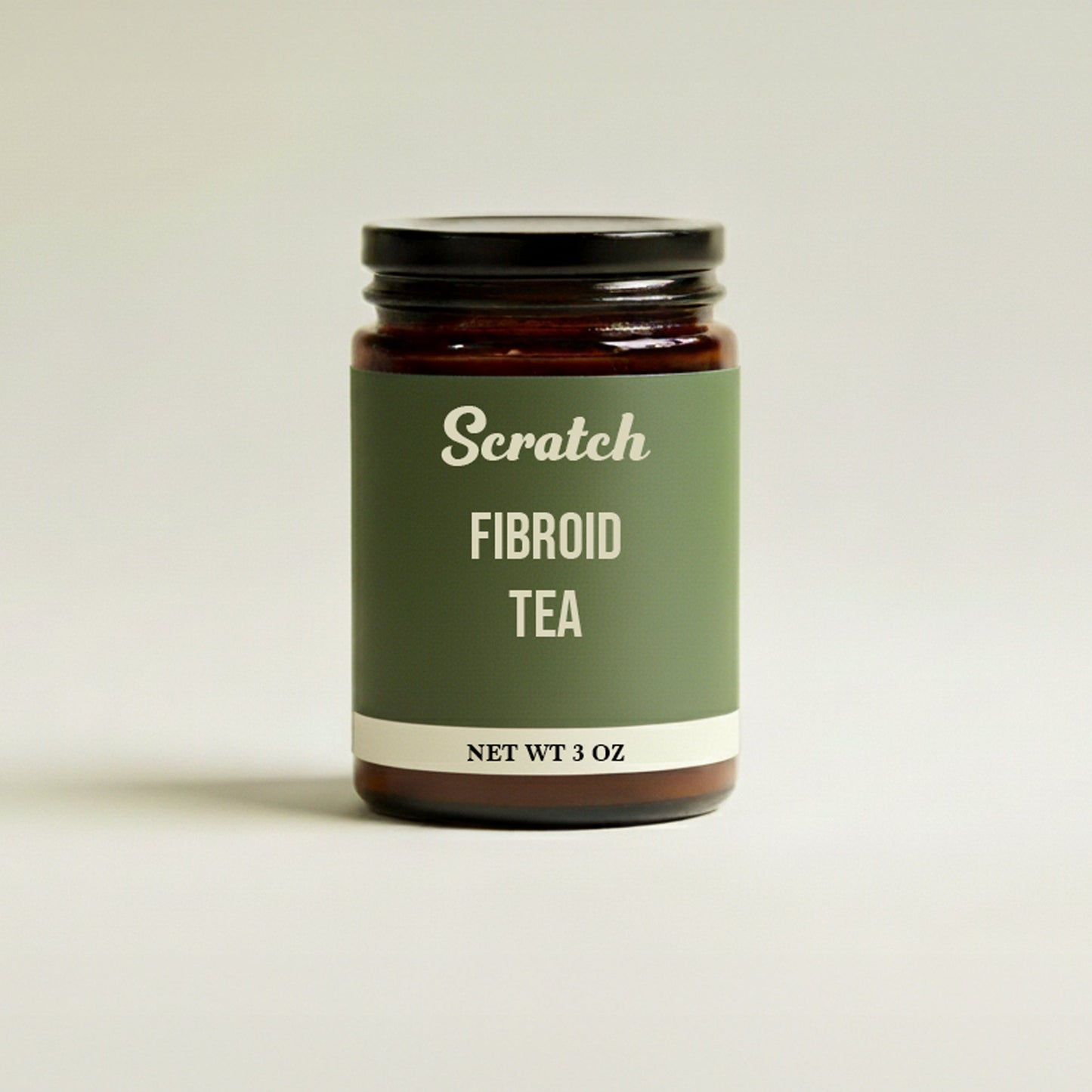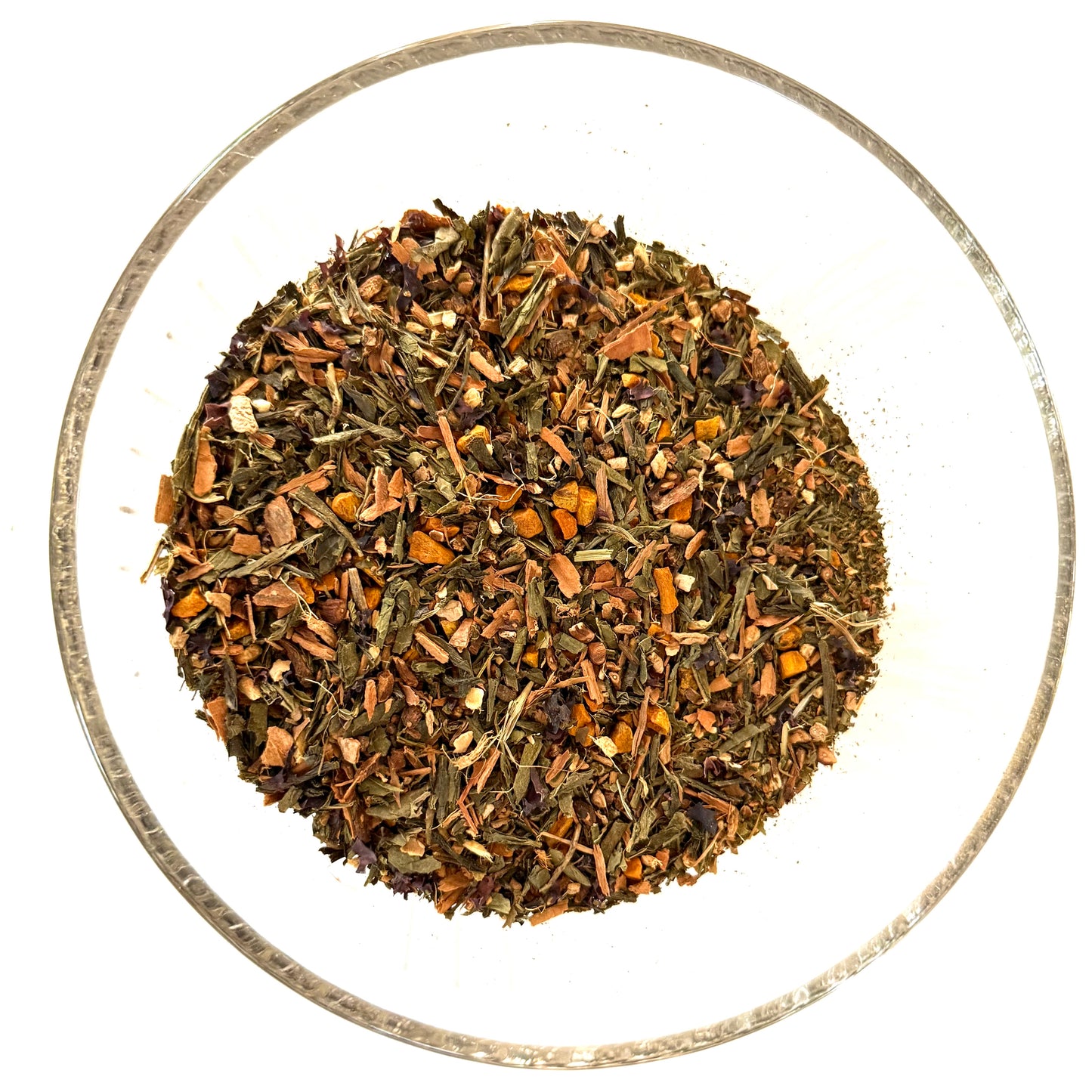Can Fibroids Cause Elevated Liver Enzymes? What to Know
If you live with uterine fibroids and your bloodwork shows elevated liver enzymes, it’s natural to wonder whether the two are connected. The short answer: benign uterine fibroids themselves do not directly raise liver enzymes. However, several related factors — especially certain medications, supplements, and other common health conditions — can. Here’s how to tell what matters, what to ask your clinician, and how to protect your liver health while treating fibroids.
What are uterine fibroids?
Uterine fibroids (leiomyomas) are noncancerous growths of the uterus that arise from smooth muscle tissue. They’re very common during the reproductive years and may cause heavy menstrual bleeding, pelvic pressure, and fertility issues in some people. Fibroids are localized to the uterus and do not involve the liver.
What does “elevated liver enzymes” mean?
“Liver enzymes” usually refers to blood tests that can signal liver irritation or injury:
- ALT (alanine aminotransferase) and AST (aspartate aminotransferase) — enzymes inside liver cells that leak into the blood when cells are inflamed or injured. AST also exists in muscle, so muscle strain can raise AST without liver disease.
- ALP (alkaline phosphatase) and GGT (gamma-glutamyl transferase) — can rise with bile duct problems or liver inflammation; ALP can also come from bone.
Mild elevations are common and often transient. Persistent or significant increases (for example, more than 2–3 times the upper limit of normal) warrant evaluation to find the cause and guide treatment.
Do fibroids themselves raise liver enzymes?
In general, no. Fibroids are confined to the uterus and do not directly affect liver function tests. Large fibroids can cause abdominal pressure and heavy bleeding, but they do not typically alter ALT, AST, ALP, or GGT. Extremely rare entities such as benign metastasizing leiomyoma (fibroid-like tissue appearing in distant sites) have been reported, but these are exceptional and not representative of typical uterine fibroids.
When fibroids and liver tests do intersect: the indirect connections
1) Medications used to manage fibroids
- GnRH antagonist combinations (e.g., elagolix with add-back therapy; relugolix with estradiol and norethindrone): Clinical trials and labeling report small rates of ALT/AST elevations. Serious liver injury is uncommon, but baseline liver tests and monitoring are often recommended, especially if you have preexisting liver disease.
- Ulipristal acetate 5 mg for fibroids (used outside the U.S.): Has been associated with rare but serious liver injury. It is not FDA-approved for fibroids in the United States due to safety concerns. Do not use abroad-sourced products without medical supervision.
-
Pain relievers:
- Acetaminophen (paracetamol) is safe at recommended doses but can elevate liver enzymes and cause severe liver injury in overdose or when combined with alcohol.
- NSAIDs (ibuprofen, naproxen) can rarely affect liver enzymes; this is uncommon but possible.
- Hormonal therapies (combined hormonal contraceptives, progestins): Usually well-tolerated; mild, transient liver enzyme changes can occur in susceptible individuals. People with significant liver disease may need alternative options.
2) Supplements marketed for “fibroid detox”
Herbal blends and weight-loss or “detox” products have been linked to liver injury. Green tea extract in high-concentration products, kava, and other botanicals are known culprits. Always discuss supplements with your clinician; “natural” doesn’t always mean safe for the liver.
3) Anemia and iron therapy
Heavy bleeding from fibroids commonly causes iron-deficiency anemia. Standard oral iron replacement does not typically raise liver enzymes. Liver issues can arise with iron overload (from genetic conditions or repeated transfusions), but this is uncommon in routine fibroid care.
The most common causes of elevated liver enzymes (often unrelated to fibroids)
- Metabolic dysfunction–associated steatotic liver disease (MASLD; formerly NAFLD) — fat accumulation in the liver linked to weight, insulin resistance, and metabolic health. It is now one of the most common reasons for mild ALT/AST elevations.
- Alcohol-related liver disease — patterns can vary; AST often exceeds ALT.
- Viral hepatitis — hepatitis B and C remain important, often silent, causes of liver enzyme abnormalities.
- Medications and supplements — beyond fibroid therapies, many prescription and over-the-counter products can affect the liver.
- Biliary obstruction — gallstones or other causes often raise ALP and GGT.
- Autoimmune liver disease — autoimmune hepatitis, primary biliary cholangitis.
- Muscle injury — can raise AST; a CK test can help distinguish muscle from liver sources.
- Other — thyroid disease and celiac disease are occasional contributors.
What to do if you have fibroids and elevated liver enzymes
- Don’t assume the fibroids are the cause. Ask your clinician to review the pattern (ALT/AST vs. ALP/GGT), magnitude, and any symptoms.
- Bring a complete medication and supplement list, including doses of acetaminophen and any herbal products.
- Consider repeat testing after avoiding alcohol, limiting acetaminophen, and stopping nonessential supplements for 1–2 weeks (only with medical guidance).
- Screen for common causes: evaluation may include hepatitis B and C testing, an ultrasound if ALP/GGT are elevated, and assessment of metabolic risk factors (weight, lipids, glucose/A1c).
- Before starting or while taking fibroid medications such as GnRH antagonist combinations, ask about baseline and follow-up liver tests and what symptoms (e.g., jaundice, dark urine, severe fatigue) should prompt urgent contact.
-
Protect your liver:
- Keep acetaminophen below the maximum daily dose (and lower if you drink alcohol or have liver disease).
- Avoid alcohol if your enzymes are elevated until the cause is clarified.
- Skip nonessential “detox” or “liver cleanse” supplements.
- Know when to seek urgent care: yellowing of the skin or eyes, confusion, severe nausea/vomiting, intense right-upper abdominal pain, or dark urine warrant prompt evaluation.
Will fibroid treatment normalize liver enzymes?
Surgical treatments for fibroids (myomectomy, hysterectomy) and uterine artery embolization do not typically affect liver tests directly. If your enzyme elevations were due to a medication or supplement you were using for fibroid symptoms, levels often improve after stopping the offending agent. If another condition (such as MASLD or viral hepatitis) is found, targeted management is needed regardless of fibroid treatment.
Bottom line
Uterine fibroids do not usually cause elevated liver enzymes. When both are present, look for indirect connections — particularly medications, supplements, and other common liver conditions. Partner with your clinician to identify the cause, monitor appropriately if you’re on fibroid therapies, and protect your liver while you address your gynecologic health.
Trusted sources and further reading
- NIH NICHD – Uterine Fibroids: https://www.nichd.nih.gov/health/topics/uterine/conditioninfo/fibroids
- MedlinePlus – Liver Function Tests: https://medlineplus.gov/lab-tests/liver-function-tests/
- MedlinePlus – AST Blood Test (AST can rise from muscle injury): https://medlineplus.gov/lab-tests/ast-aspartate-aminotransferase/
- NIDDK – NAFLD/NASH (now often termed MASLD): https://www.niddk.nih.gov/health-information/liver-disease/nafld-nash/definition-facts
- CDC – Viral Hepatitis: https://www.cdc.gov/hepatitis/
- FDA Prescribing Information – Oriahnn (elagolix/estradiol/norethindrone): label
- FDA Prescribing Information – Myfembree (relugolix/estradiol/norethindrone): label
- NIH LiverTox – Elagolix: https://www.ncbi.nlm.nih.gov/books/NBK547852/
- NIH LiverTox – Ulipristal Acetate: https://www.ncbi.nlm.nih.gov/books/NBK548827/
- NIH LiverTox – Acetaminophen: https://www.ncbi.nlm.nih.gov/books/NBK548162/





